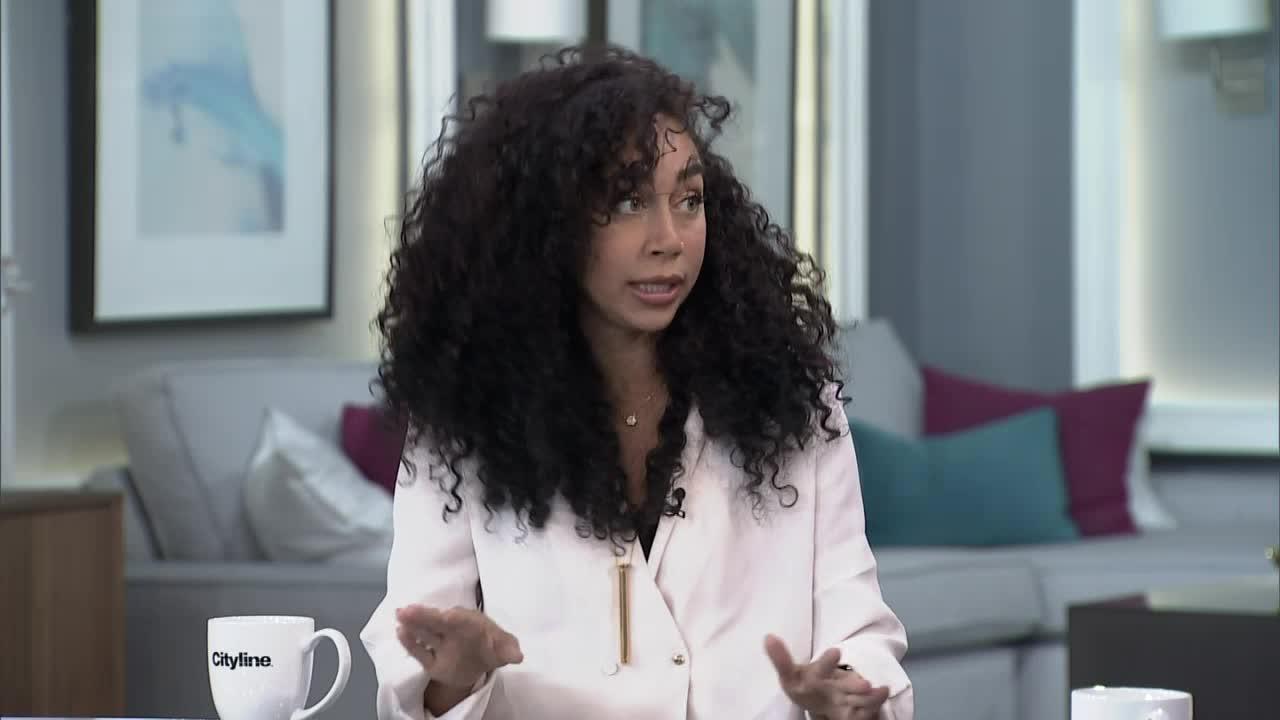1. Stress
It’s difficult to relax and enjoy sex when you have problems at work or money issues to worry about, or if you’re mentally and physically exhausted. “Stress and its affects on sex life is a general phenomenon that applies to both men and women,” says Dr. Alex Alterescu, a Toronto-based medical sexologist and sex therapist. “When lives are busy, intimacy often gets neglected.”
What you can do:
Dr. Alterescu recommends you organize your time in such a way to ensure that the relationship is not ignored. Relaxing together is a great start: Watch a movie, go for a walk, do yoga.
2. Depression
Depression – an overwhelming sadness and fatigue that interferes with daily life – is often accompanied by lack of interest in sex. “To help with depression, your physician may prescribe counseling or medications or both,” explains Dr. John Lamont, a gynecologist practicing in the sexual medicine unit at Hamilton Health Sciences. “Medication should help with depression, but may take a further toll on your interest in sex.”
What you can do:
If you’re taking drugs for depression that affect your sex drive, discuss adjusting your medications with your doctor. And if you’re experiencing very mild depression, rest, relaxation, lifestyle changes and exercise can help improve your mood and energy, and may increase your interest in sex.
3. Medications
Like medications for depression, other drugs such as those taken for blood pressure, allergies and occasionally birth control pills can affect hormones, reducing sex drive, or lubrication in the vaginal area. Medical conditions that go along with these drugs often also affect hormone levels and libido.
What you can do:
Ask your doctor about alternative medications. “Sometimes a simple switch in medications will make all the difference – not everyone reacts the same way to a drug,” says Dr. Lamont. If medications, such as antihistamines for allergies, cause vaginal dryness, ask your doctor to recommend a topical estrogen cream or a lubricant.
4. Issues in the relationship
“Physiologically, women and men have hormonal differences that may affect their interest in sex,” says Dr. Alterescu. These differences may affect the sexual dynamic between the couple. However, negative relationship factors, such as anger, resentment or even boredom, also influence desire.
What you can do:
Deal with negative feelings when they arise, before resentment grows, instead of ignoring them. Dr. Alterescu recommends these strategies: Find ways to communicate positively with each other, introduce variety into your lovemaking to stimulate desire and deal with underlying relationship issues; seek counseling if necessary.
5. Childbirth/breastfeeding
“Traumatic labour and delivery and subsequent scarring may cause ongoing pain, and have a long-term effect that can interfere with the enjoyment of sex,” says Dr. Lamont. “Breastfeeding causes estrogen levels to drop, and in some women, this causes vaginal dryness. Also, the hormone prolactin rises, which may lower sex drive.” Add lack of sleep and stress about a new baby and it’s easy to see why new mothers often lack interest in sex.
What you can do:
“Allow three to six months healing time after childbirth,” says Dr. Lamont. He also recommends talking about your feelings with people you trust to help ease your stress and ultimately elevate your interest in sex. For dryness, your doctor can recommend a lubricant or estrogen cream. Nursing moms can use them safely – they work locally without any side effects.
6. Negative body image
Weight problems or other issues around negative body image may affect your ability to feel confident and sexual, even if it isn’t of paramount importance to your mate, explains Dr. Alterescu.
What you can do:
Do your best to feel your sexiest. Put on a great dress, get a new haircut, exercise to help control your weight. This will increase your energy, your self image and ultimately can improve your interest in sex. If this isn’t enough, counseling may be a helpful and positive step.
7. Menopause
As menopause approaches, estrogen drops and vaginal dryness occurs. Testosterone may also decrease, which may lead to a loss of sexual desire. All these factors may affect your ability to enjoy sex or your comfort with intercourse. Also, aging male partners may be experience issues with performance.
What you can do:
Vaginal dryness is easiest to address first, with estrogen cream and lubricants, says Dr. Lamont. “Then have your testosterone level checked. See your doctor with your partner, so that you can get a clear understanding of what’s realistic and normal.” And explore options, such as medications for erectile dysfunction, foreplay, fantasizing and erotic materials, to wake up your sex drive.




